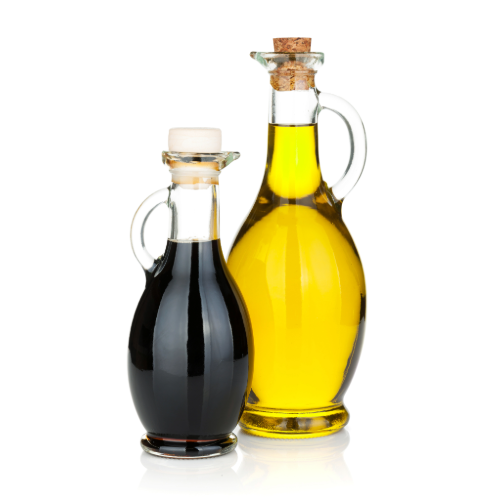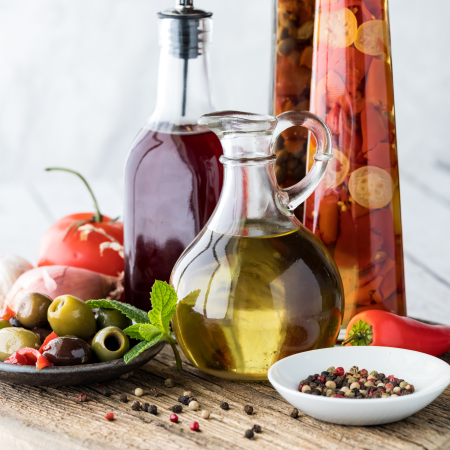Oil and vinegar are staples of many cuisines around the world, from the Mediterranean to Southeast Asia. These versatile condiments have a rich history that dates back thousands of years, and have inspired collectors and connoisseurs for centuries.
The origins of oil and vinegar can be traced back to ancient civilizations, including the Greeks, Romans, and Egyptians, who used these ingredients for cooking, medicine, and even religious ceremonies. Olive oil, in particular, was highly prized in ancient Greece and Rome, and was used for everything from lighting lamps to anointing athletes.
As trade routes expanded and global commerce grew, so did the popularity of oil and vinegar. In the Middle Ages, vinegar became an important commodity for preserving food and as a condiment, while in the Renaissance, Italian vinegar makers began to experiment with different flavors and techniques, creating complex and flavorful vinegars that were highly sought after.
Similarly, the production of high-quality oils became a fine art, with different regions and countries producing their own unique varieties of olive oil, sesame oil, and other oils. In the modern era, the cultivation and production of oil and vinegar has become even more specialized and sophisticated, with artisanal producers and small-batch makers creating unique and flavorful oils and vinegars that are prized by collectors and foodies alike.
Collecting oil and vinegar is a hobby that combines a love of food, culture, and history. Some collectors focus on rare or antique bottles, while others seek out artisanal oils and vinegars from around the world. Many collectors also appreciate the artistry and craftsmanship that goes into producing these condiments, from the harvesting and pressing of olives to the aging and blending of vinegars.
One of the most famous collections of oil and vinegar belongs to the Vatican, which has a collection of over 100 varieties of oil and vinegar from around the world. The collection is housed in the Vatican's Apostolic Palace and is used to prepare meals for the Pope and other high-ranking officials.
Other notable collectors include famous chefs like Thomas Keller, who is known for his love of artisanal vinegars, and the late Anthony Bourdain, who was a passionate advocate for high-quality olive oil.
If you're interested in collecting oil and vinegar, there are a few things to keep in mind. First, it's important to educate yourself on the different varieties and styles of oil and vinegar, as well as the proper storage and serving techniques. Second, it's important to seek out high-quality oils and vinegars from reputable producers, and to be aware of counterfeit or low-quality products. Finally, it's important to approach collecting with a spirit of curiosity and exploration, and to be open to trying new flavors and styles.
In conclusion, the history and art of collecting oil and vinegar is a fascinating subject that speaks to the cultural and culinary importance of these beloved condiments. From ancient times to modern tables, oil and vinegar have been an essential part of our culinary heritage, and will continue to inspire and delight collectors and food lovers for generations to come. So let's raise a toast to the rich history and artistry of oil and vinegar, and to the collectors who keep this tradition alive and vibrant.








